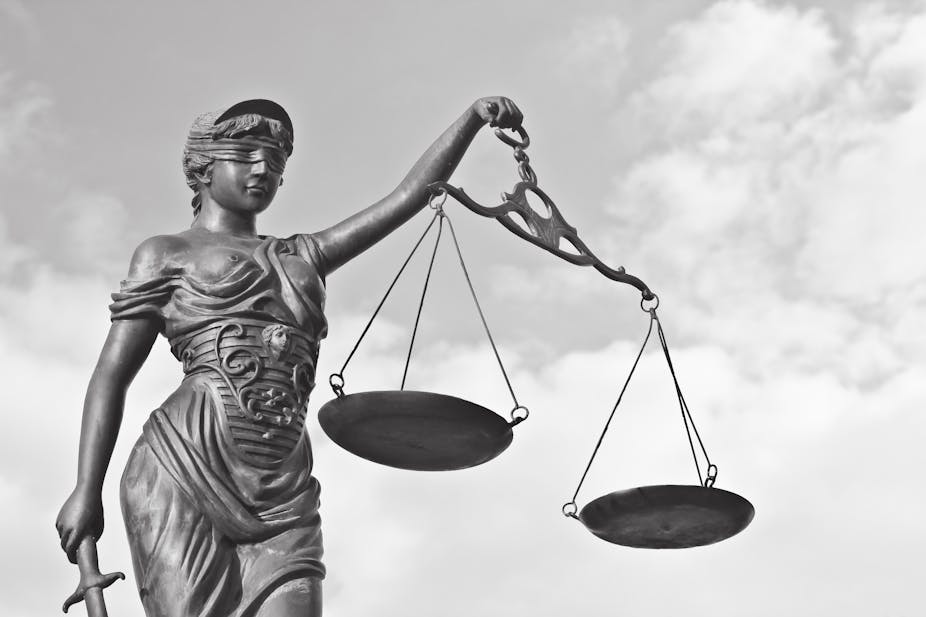Read Judgement

The Supreme Court has held that mere similarity of designation or similarity of work is not determinative of equality in the matter of pay scales.
The division-bench of Justice Indira Banerjee and Justice CT Ravikumar observed:
“Mere similarity of designation or similarity or quantum of work was not determinative of equality in the matter of pay scales. The Court had to consider all the relevant factors such as the mode of recruitment, qualifications for the post, the nature of work, the value of work, responsibilities involved and various other factors”
Brief Facts of the Case
In this case, the respondent was appointed to the post of
librarian-cum-Museum Assistant, Government Dhanvantri Ayurvedic College,
Ujjain. The basic pay of the Respondent-Writ Petitioner
was fixed at Rs.950/-. She was appointed on probation for a period of one year.
After completion of 8 years of service, the Respondent-Writ
Petitioner claimed the UGC scale of pay as paid to the persons in the
senior scale of Librarian in colleges under the Higher Education
Department, as per the Madhya Pradesh Education Service (Collegiate
Branch), Recruitment Rules, 1990. The request of the Respondent-Writ
Petitioners for the higher UGC scale of pay was not
acceded to. The Respondent-Writ Petitioner, therefore, filed the Writ
Petition, which has been allowed and the Respondent-Writ Petitioner has
been directed to be paid the UGC scale of pay as paid to the Librarians
of colleges under the Higher Education Department.
In appeal before this apex court, the Respondent-Writ Petitioner contended that her service conditions were governed by the 1990 Rules. The Appellants contend that the 1990 Rules were never applicable to the Respondent.
The learned council for the appellant made a specific contention that the State Government has made the UGC scales applicable to Colleges under the Higher Education Department, which are receiving financial aid from the UGC. Ayurvedic colleges under the Ayush Department do not receive any financial aid from the UGC.
The learned council also stated that the eligibility criteria for
appointment of Museum Assistant- cum-Librarian under the 1987 Rules was
different from the eligibility criteria of appointment of Librarian
under the 1990 Rules. Under the 1987 Rules, the minimum qualification
for the post of Museum Assistant cum Librarian was graduate but under
the 1990 Rules, the minimum qualification
was post graduate degree.
Before the Apex Court, referring to “State of Madhya Pradesh & Ors. vs. Ramesh Chandra Bajpai reported in (2009) 13 SCC 635”. It was contended that the University Grants Commission scales of pay had not been extended to the employees of the Ayurvedic Colleges including the members of Teaching staff, governed by the 1987 Rules.
Supreme Court's Observation
The court observed that
“It was well-settled that the doctrine of equal pay for equal
work could only be invoked when the employees were similarly
circumstanced in every way. Mere similarity of designation or similarity
or
quantum of work was not determinative of equality in the matter of pay
scales. The Court had to consider all the relevant factors such as the
mode of recruitment, qualifications for the post, the nature of work,
the value of work, responsibilities involved and various other factors.”
The court held that in the instant case eligibility criteria for
appointment of Museum Assistant-cum- Librarian under the 1987 Rules was
different from the eligibility criteria of appointment of Librarian
under the 1990 Rules. Under the 1987 Rules, the minimum qualification for the post of Museum
Assistant cum Librarian was graduate but under the 1990 Rules, the minimum qualification was post graduate degree.
“The fixation of scales of pay is a matter of policy, with which
the Courts can only interfere in exceptional cases where there is
discrimination between two sets of employees appointed by the
same authority, in the same manner, where the eligibility criteria is the same and the duties are identical in every aspect”
the court further stated that it cannot interfere with the policy
decision taken by the Government merely because it feels that another
decision would have been fairer; or wiser.
The Appeal was allowed. The impugned orders of the High Court of Madhya Pradesh are set-aside.
Social media is bold.
Social media is young.
Social media raises questions.
Social media is not satisfied with an answer.
Social media looks at the big picture.
Social media is interested in every detail.
social media is curious.
Social media is free.
Social media is irreplaceable.
But never irrelevant.
Social media is you.
(With input from news agency language)
If you like this story, share it with a friend!
We are a non-profit organization. Help us financially to keep our journalism free from government and corporate pressure












0 Comments